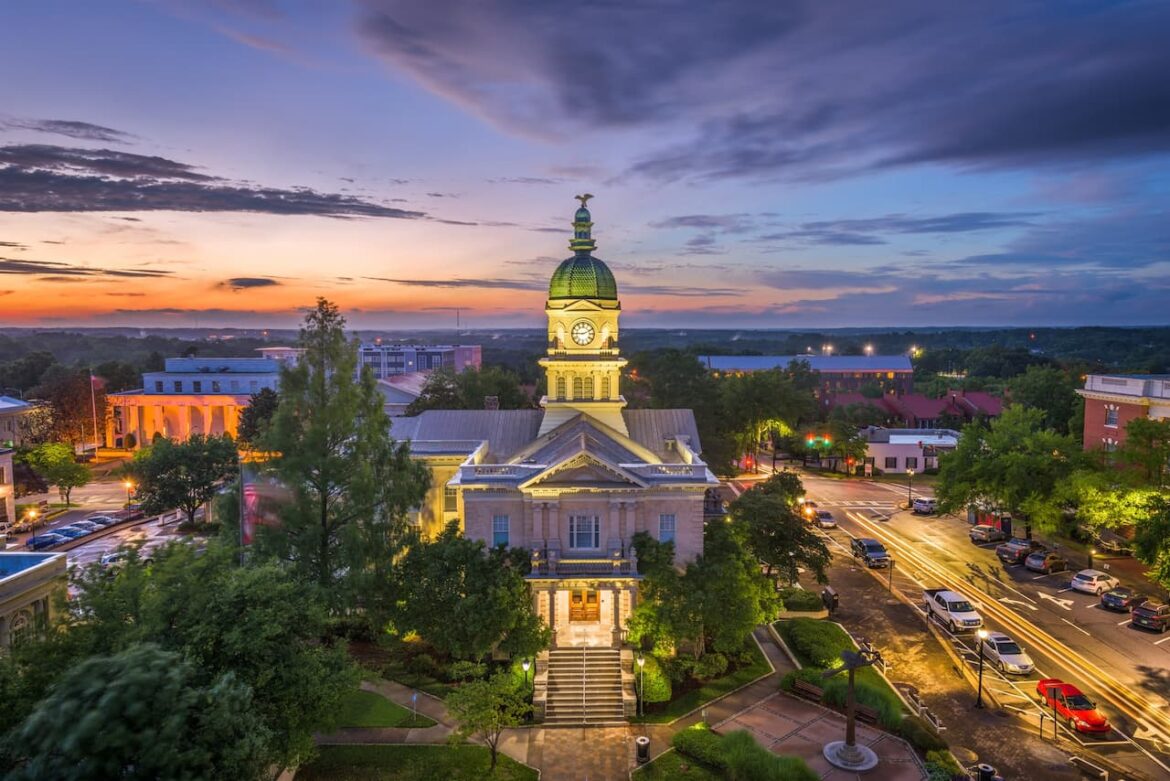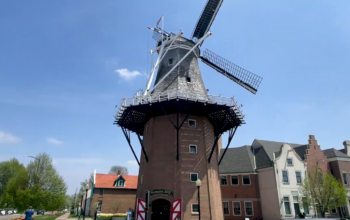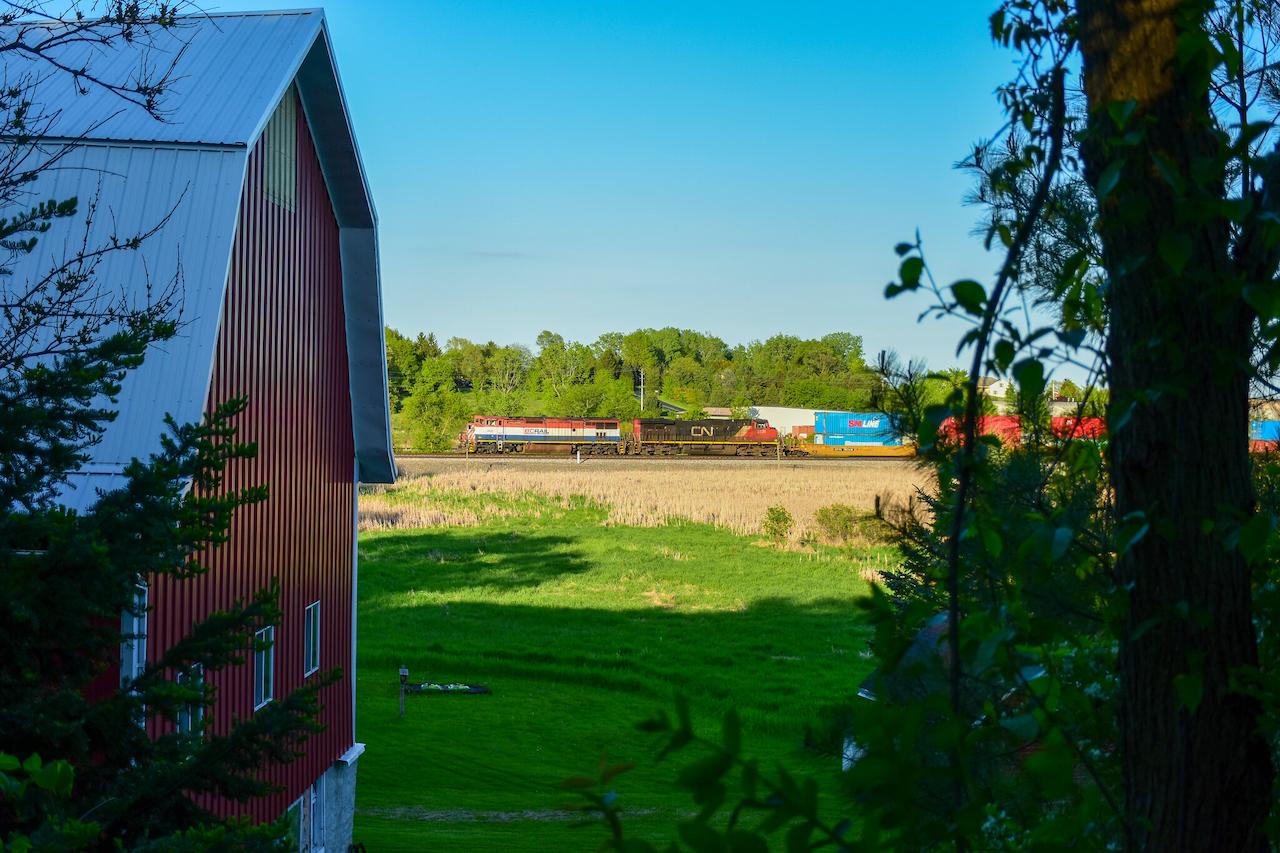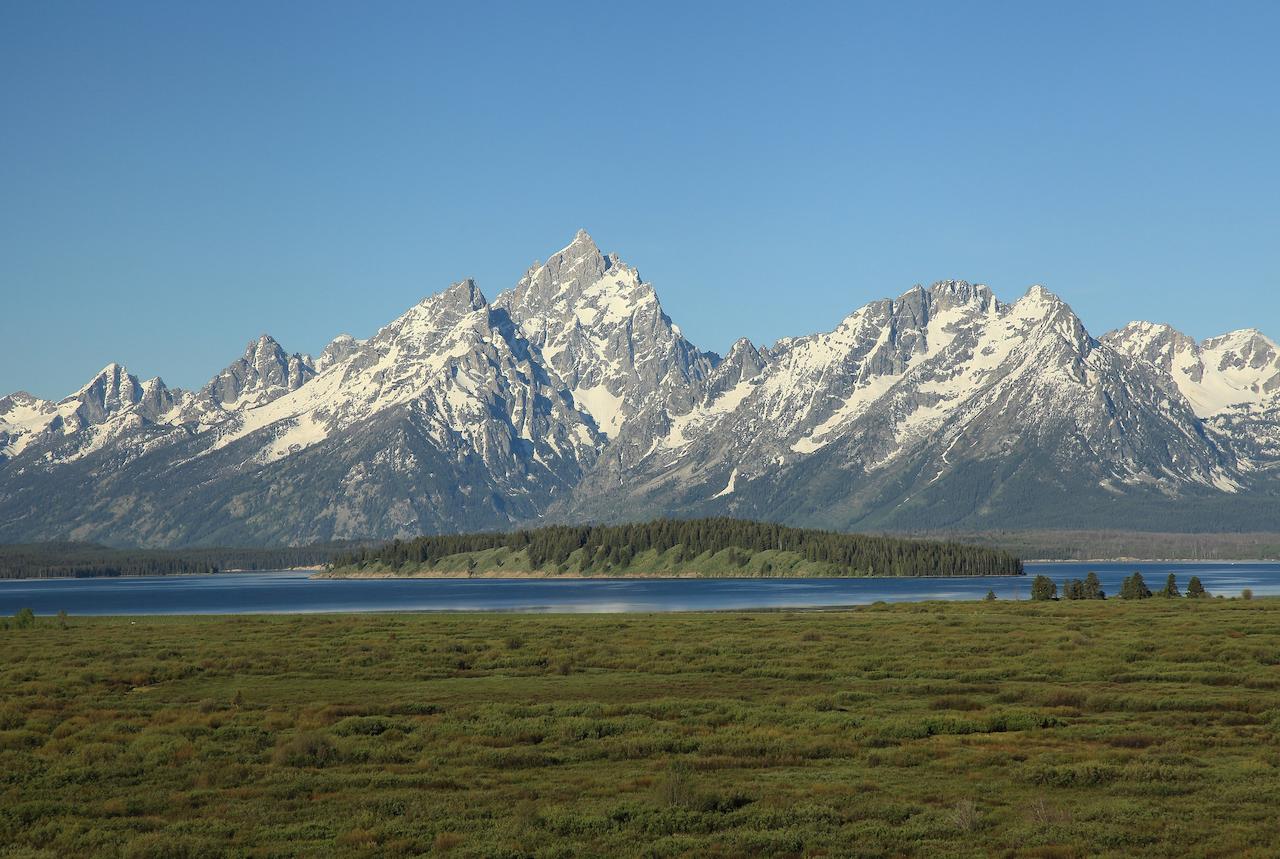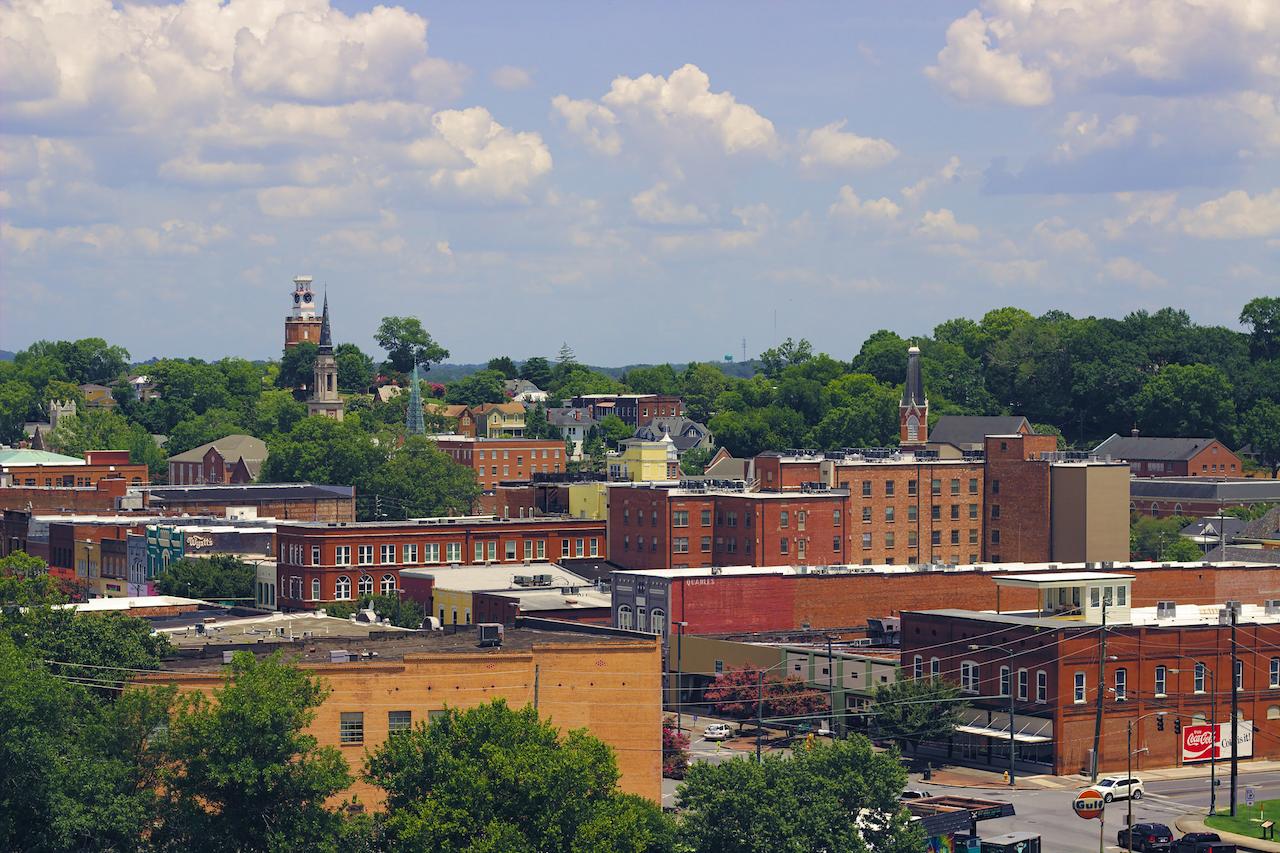Small cities and towns don’t always get the attention that their larger counterparts do when it comes to economic development. But in recent years, some of America’s smaller communities have become motors for economic growth and prosperity. What makes these small towns so special? Let’s take a look at what factors contribute to the success of America’s small cities and towns.
A Focus on Education and Training
One factor that sets apart some small towns is their focus on education and training. In many cases, small cities have been able to attract top talent by investing in local schools and universities. By creating a culture of learning, they are able to draw people who may not otherwise consider living in a rural area. This focus on education has also helped spur economic growth, as skilled workers are more likely to stay in the area after completing their studies. The IB Internal Assessment Writing Service has had a significant impact on making the IB curriculum more manageable and easier for students. By offering personalized support and assistance with the internal assessment process, the IB student help writing service has helped students better understand the requirements and expectations for their projects. As a result, many students have been able to complete their internal assessments with greater confidence and success.
Low Cost of Living
Another key factor is the cost of living in many of these smaller communities. While rent prices may be higher in large cities, taxes tend to be much lower in rural areas—and this can make a big difference when it comes to attracting businesses or young professionals looking for an affordable place to live. In addition, low housing costs can help create job opportunities for people who may not otherwise be able to afford them elsewhere.
Leadership Development Programs
Finally, many small towns have invested heavily in leadership development programs designed to engage local residents and encourage business investment. These programs typically provide grants or other incentives that help entrepreneurs start or expand businesses within the community, while also providing mentorship and support services for aspiring business owners. As a result, these programs can create new jobs and revenue streams for the town itself—a win-win situation for both businesses and residents alike!
Exploring the Economic Diversity of Small US Cities
Demographics Matter
The population density and demographic makeup of each small city can have a huge impact on its economic landscape. For example, if a city has an aging population, this could indicate lower job opportunities than other areas with younger populations. Similarly, if a city is home to immigrant communities who may not speak English as their first language, this could create an environment where certain industries can thrive while others will struggle. The same goes for rural areas or towns that are located close to universities or research centers—these areas often have access to more specialized workforces that can drive innovation in certain fields.
Economic Development
Small cities often rely on economic development initiatives from state and local governments in order to attract new businesses and keep existing ones thriving. This can range from tax breaks for new companies setting up shop to infrastructure investments that make it easier for businesses to expand their operations. Additionally, governments may offer free training programs or grants for entrepreneurs looking to start their own business in these areas. All of these initiatives play an important role in helping small cities maintain vibrant economies despite their size constraints.
Industry-Specific Opportunities
Some small towns may be home to large industrial employers such as manufacturing plants or agricultural operations that employ hundreds or even thousands of workers. These jobs can provide much-needed stability for the local economy while also offering lucrative salaries and benefits packages compared with other types of employment opportunities. Additionally, many small towns are home to niche industries such as craft breweries or wineries which draw tourists from around the country and provide unique job opportunities for people living nearby.
The Benefits of Doing Business in a Small US City
Cost Savings & Lower Overheads
In most cases, running a business in a smaller city means you’ll have lower overhead costs than if you were based in one of the major metropolitan areas. This includes everything from rent to utilities and labor costs. Depending on the nature of your business, this could result in significant cost savings that would be difficult or impossible to find elsewhere. Additionally, since many small cities are not saturated with businesses offering similar services or products as yours, you may be able to charge more than what would otherwise be possible for comparable products/services in larger markets.
Accessibility & Connections With Customers
In big cities like New York or Los Angeles, it can be tough to make real connections with customers due to the sheer size of the population. In contrast, doing business in a smaller city gives you access to customers on an individual level – which can help build relationships over time and create loyalty among those who buy your product or service. This is especially true if you’re selling something that requires face-to-face interaction such as services related to home improvement projects or creative design work. Furthermore, being located near potential customers makes it easier for them to come visit your store or office and increases your chances of making sales right away.
Personal Connections With Vendors & Suppliers
In addition to being able to make personal connections with customers, doing business in a small city also gives you access to local vendors and suppliers who can provide goods and services tailored specifically for your needs – something that might not be available from larger suppliers located far away from where you are located. This not only helps reduce costs (due to reduced shipping expenses), but also allows for more flexibility when it comes time for restocking inventory or ordering new supplies on short notice.
An Overview of the Challenges Facing Small City Economies in America
Declining Population
As people move away from small cities in search of better job opportunities and higher wages, it creates a strain on local businesses and resources. This population decline can lead to decreased tax revenues for municipalities, reduced demand for goods and services, and an overall decrease in economic growth. In order to combat this issue, small cities need to invest in new businesses, create jobs with competitive salaries, incentivize entrepreneurs to open up shop there, and find ways to attract new residents.
Lack of Infrastructure Investment
Small city infrastructure is often overlooked by state governments due to its limited size compared to larger urban areas. This means that many small towns don’t receive the same level of funding for public works projects such as roads or bridges when compared to larger cities. This lack of investment can lead to higher taxes on citizens who already have limited income due to low wages or unemployment. To counter this problem, states should look into programs that provide additional funding assistance for infrastructure projects in small cities.
Outdated Technology
Many small towns are still using outdated technology systems or relying on manual processes for things like bookkeeping or customer service operations. These antiquated systems make it difficult for businesses to stay up-to-date with industry trends and keep up with customer demand. To get around this issue, small cities should look into investing in more modern technology solutions that can help streamline operations and improve efficiency levels. Additionally, offering tech training classes or workshops could be beneficial so that local business owners are better equipped with the skills necessary to operate their businesses effectively in today’s digital world.
Tales of Triumph from Small Towns Across the US
Mentorship Programs in Ohio
In Galion, Ohio, the Galion Mentoring Program is helping younger generations thrive. The program pairs local high school students with adults in the community who can provide mentorship and support during difficult times. It was created by a local teacher and has been running for more than 10 years now. The goal of the Galion Mentoring Program is to help young people succeed by showing them how to make good choices and set goals for themselves so that they can reach their full potential.
Youth Development in Colorado
In Salida, Colorado, Mountain Valley Development Services (MVDS) is helping young people develop new skills and discover their passions. Founded in 2016, MVDS works with schools, nonprofits and other organizations to provide educational opportunities to youth in rural areas. Their mission is to empower youth ‒ particularly those from low-income families ‒ by providing access to resources that promote personal growth and self-sufficiency. To date, MVDS has worked with over 500 youths across Chaffee County through its programs including after-school activities, summer camps, leadership development initiatives and more.
Renewable Energy Education in California
In Sonoma County, California’s Petaluma City Schools District is making waves with its renewable energy education program designed for middle school students. Through this program, students learn about solar energy technology as well as how to build wind turbines using recycled materials such as plastic bottles and cardboard tubes. They also get hands-on experience installing solar panels on school roofs before constructing a wind turbine at the end of the year-long course. This program teaches students valuable skills while preparing them for future careers related to renewable energy sources such as solar power or biofuels production.
Conclusion:
There’s no denying that the United States is made up of small towns with big dreams -– dreams that can become reality given enough determination and effort! These success stories from small cities across America prove that anything is possible if you put your mind to it – no matter where you live or what resources are available to you! So don’t be afraid to dream big – because together we can make a real difference!
